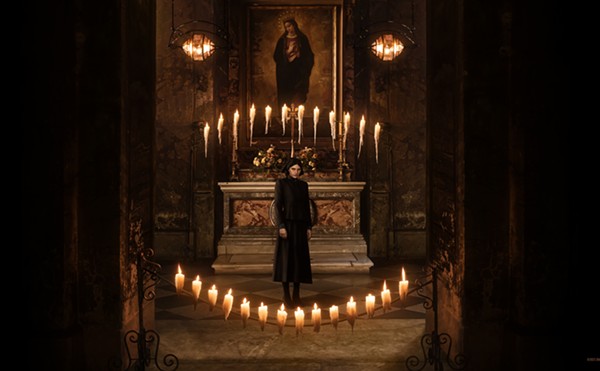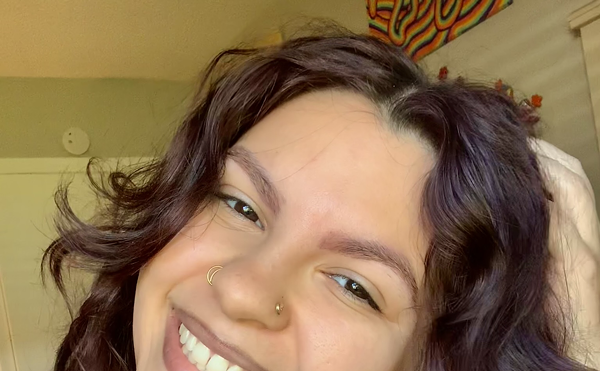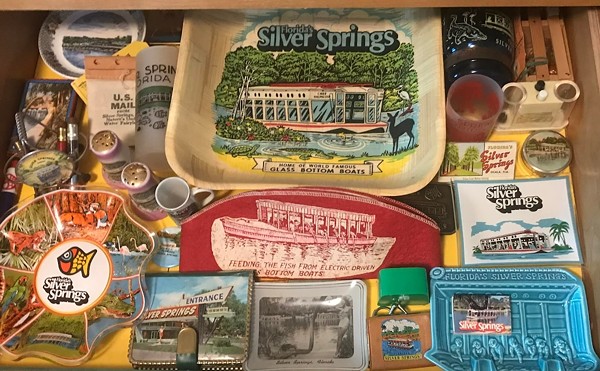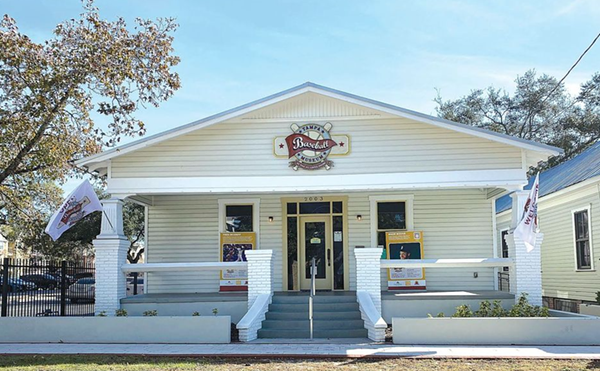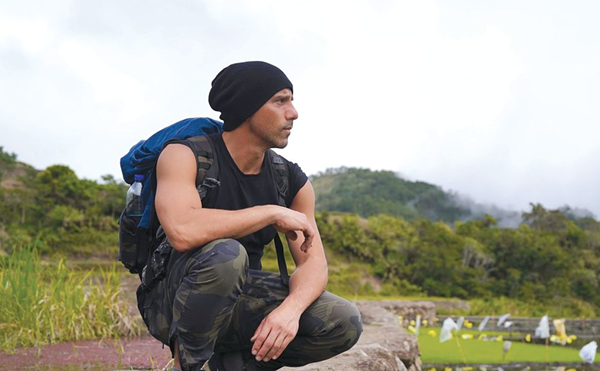James Stewart once said that the reason we love the movies is that “they give us little, tiny pieces of time that we never forget.”
Too true, Mr. Stewart.
I see Sam Shepard, burned and damaged, walking out of the desert at the end of The Right Stuff. I remember The Quiet Man, with John Wayne telling Maureen O'Hara how a man can’t forget the sight of “a girl coming through the fields with the sun on her hair.” And there’s even Mr. Stewart himself, as a certain Mr. Smith, vowing to his dying breath to fight for the lost causes before collapsing on the floor of the Senate.
Hell, yeah, I love the movies. As tiresome as many of the summer blockbusters have become with their noise and explosions and marketing ploys, we can still be mesmerized by great storytelling and brilliant acting. Explosions? We don’t need no stinking explosions.
It’s only afterward when we discover we were living in a golden age. Looking back at the 1970s now and seeing myself in a darkened theater, I know that I witnessed Francis Ford Coppola and Martin Scorsese achieving their cinematic adulthood. I remember first seeing Robert DeNiro in Bang the Drum Slowly, and thinking, “Where in the hell did they find this dumb cracker to play the doomed ballplayer?” And then I learned that DeNiro wasn’t from the Georgia woods, but was instead a great actor.
When I think back on those movies I loved in the 1970s, a lot of them featured actor Warren Oates and were directed by Hal Ashby. Neither name rolls off legions of lips today. Maybe both of them were too self-destructive to achieve mass fame. Both died young.
Two excellent new books bring the artists back and recreate that era of film. Check out Warren Oates: A Wild Life (University Press of Kentucky, $34.95) by Susan Compo and Being Hal Ashby (University Press of Kentucky, $37.50) by Nick Dawson. In another age, these excellent biographies would be brought to you by a major American publisher, but in the roulette wheel of this economy, we have an excellent university press filling our need (and it is a need, if you love the movies) for books such as these. Both are part of Kentucky’s “screen classics” series.





